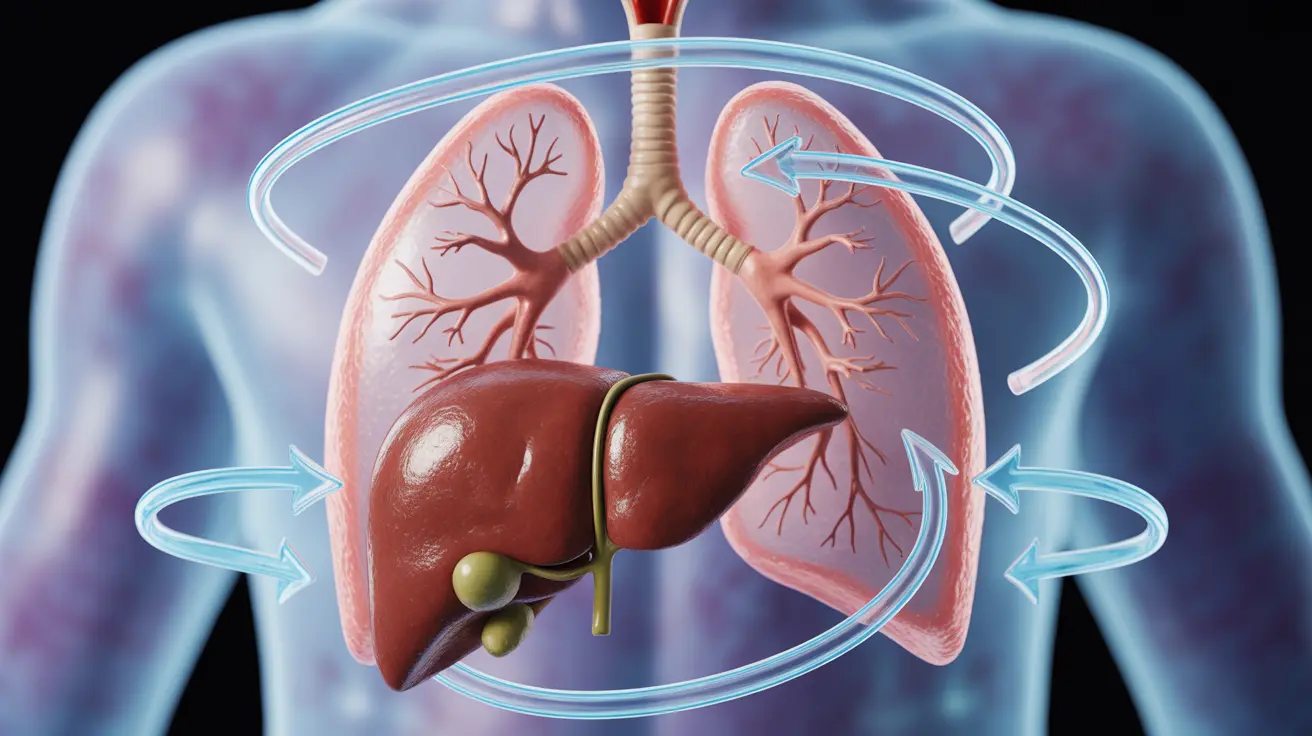GetLabTest News
Symptom Analysis
Interpreting Test Results
Diseases & Symptoms
Health Queries Answered
All
Latest
How to Be a Better Person and Be Happy: A Complete Guide to Personal Growth
Explore essential strategies on how to be a better person and be happy through mindfulness, empathy, and personal growth techniques.

Discover effective nappy rash self-care strategies, prevention tips, and treatment options for your baby at home. Keep their skin healthy.
Health Queries Answered
min read

Discover top gluten free meal service options that ensure safe and delicious dining experiences for those with celiac disease or gluten sensitivity.
Health Queries Answered
min read

Explore positive peer pressure examples that inspire healthier choices and personal growth through supportive social connections.
Health Queries Answered
min read

Explore whether fasting cleanses the body and its impact on detoxification. Learn the science behind fasting and its benefits.
Health Queries Answered
min read

